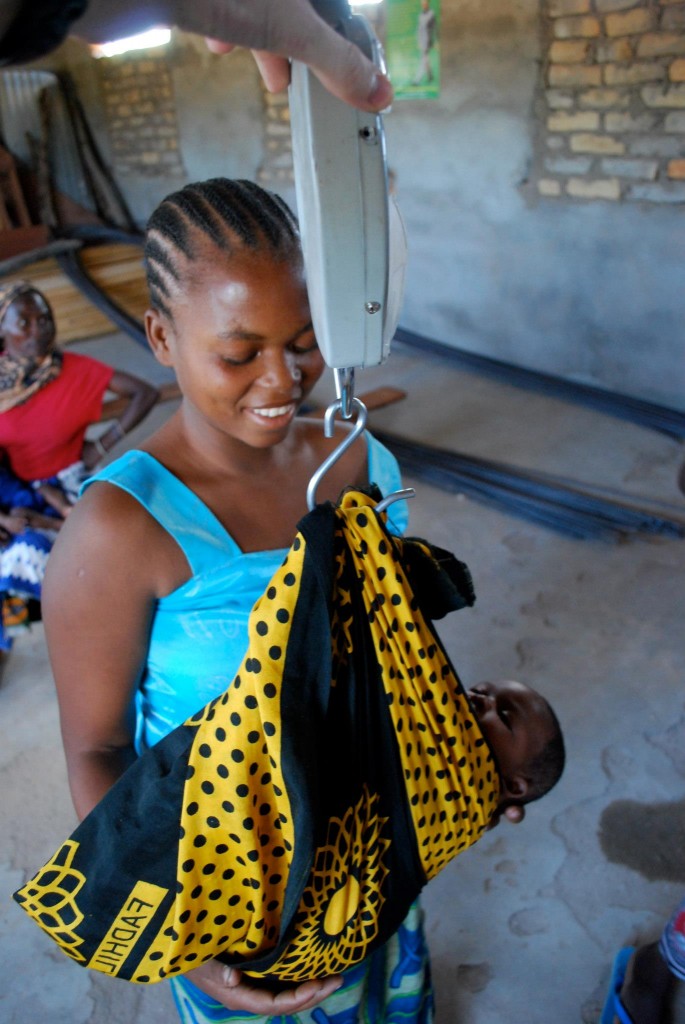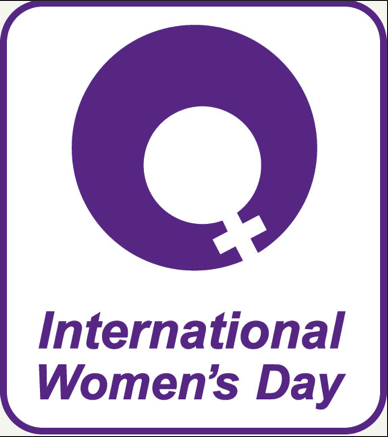March the 8th is International Women’s Day. There are many problems that solely or disproportionately affect women, particularly in developing countries where many women are still fighting for basic gender equality. In honour of International Women’s day, we look at the importance of access to clean water for women and girls.
It is vital that both rural and urban communities have access to a reliable water source that is not contaminated by bacteria or poisoned with arsenic or fluoride. Geoscientists can help to find new water sources and test the water quality, and in doing so improve the health of a community. However, it is equally as important to consider the social impact of water access.
This is not a simple problem. Every family has individual needs and is unlikely to be able to use the same water supply all year round. The factors affecting the desirability of a particular source include the intended use of the water, the cost, the season and most importantly, the convenience. Every family will prefer a different source based on their wealth, the male/female divide and age range within the family, and their ability to access transport and water storage. Choosing the best water source is a careful balancing act as families try to assess risk and manage time spent on other productive activities.
The burden of collecting water usually falls to women. There is often no greater favour you can do to improve the lives of women and young girls than to bring them a closer source of water. Women in developing countries, whether young, pregnant, nursing or old, are forced to walk for an average of 6Km a day to collect water. There are no short cuts: people need water. It is used for drinking, washing, irrigation and cooking. It also plays an essential role in child birth. Women often spend the final few weeks of their pregnancy collecting extra water to be used during their birth.

A woman gives birth to a healthy baby in rural Tanzania. She will have had vital access to clean water during pregnancy, birth and nursing. Credit: Patrick Bradley
Water collection is a big drain on a woman’s time and energy. If a mother’s time is too stretched, her daughters will often have to drop out of school to help look after the home. If young girls lose out on their education then the whole community suffers with them. Girls finishing secondary school leads to smaller, healthier families, lower HIV infection rates, and higher wages. Educated women are also more likely to educate their own children.
Geoscientists can play a role in sourcing clean reliable water. We can also help to model rainfall patterns – a key variable in water security. Understanding how water availability will change season to season and year on year can help families make a sustainable water usage and storage plan. Unexpected ‘shocks’ to the water supply can cause domestic tension and extreme responses, such as withdrawing children from school or abandoning other domestic or agricultural duties to priortitise water collection.
At the Overseas Development Institute’s 2013 water security event, one line, delivered by head of the ODI water policy programme, Roger Calow, really stood out:
“The most important thing for future progress in water security is to increase the capacity of local government to manage water resource issues. The problem is, nobody knows anything about geology, especially hydrogeology, and this can’t be solved by simply adding more donor money in at the top.”
On this International Women’s Day Geology for Global Development will be reflecting on the importance of water to women and girls in communities around the world. We hope to increase the capacity of NGOs and local government on the ground in developing countries by publishing open access guides to practical geoscience.

